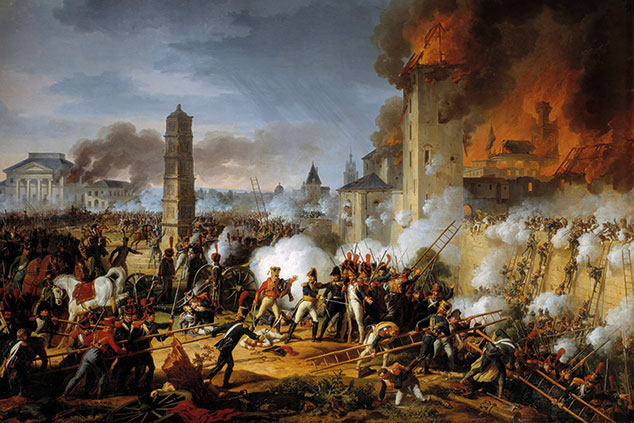
“One could throw a dart at a map of emerging markets… and be almost assured of hitting a country in the grips of some sort of political crisis,” writes Robert Burgess on Bloomberg. “Hong Kong, Turkey, South Africa, Chile, Lebanon and Ecuador” are only the start of the list.
In addition to localised turmoil, emerging economies are being squeezed by more general factors. One is the long-lasting strength of the US dollar. The trans-Pacific trade war has also dampened the outlook for Asia’s trade-dependent economies. The result has been a less than vintage year. The MSCI Emerging Markets Index is up just over 7% for the year to date, significantly underperforming the global market average gain of about 18%. As Michael Mackenzie puts it in the Financial Times, “while US equities have doubled in value since mid-2007, emerging markets have effectively gone nowhere.”
Contrarian opportunity
Bad news can spell opportunity. Jan Dehn of investment manager Ashmore has found that “returns from emerging markets are best when headlines are worst”, reports Steve Johnson in the FT. Analysing 20 years of data, Dehn finds that those who bought and held during blitzes of bad news enjoyed excess returns of 10% a year, compared to those who did not spot such buying opportunities.
The “perennial fear” with emerging markets is that they are “crisis-prone”, writes Buttonwood in The Economist. Just look at Argentina (see left). Yet as a group they are actually “much less brittle” than in the past. Most emerging markets today boast robust currency regimes and relatively low inflation. The average emerging market public debt of 54% of GDP is half that of the developed world.
That gives governments fiscal room to stimulate when things turn down, says Louis Gave of Gavekal Research. What’s more, many central banks are cutting interest rates and governments everywhere from Brazil to India to Indonesia are working on much-needed structural reforms. That makes for “stimulus on the fiscal side, stimulus on the regulatory side, and stimulus on the monetary policy front”. China has been the undisputed growth star this century (see page 24). Now it could be the turn of other emerging markets.
On a cyclically adjusted price/earnings ratio of about 14.8, emerging markets trade on a marked discount to the developed world average of 24.5 and are much cheaper than the 29.4 valuation of the US market. Nathan Rothschild is said to have counselled during the Napoleonic wars to “buy on the cannons, sell on the trumpets”, says Johnson. Ignoring the scary headlines and buying “could pay off if deployed today”.